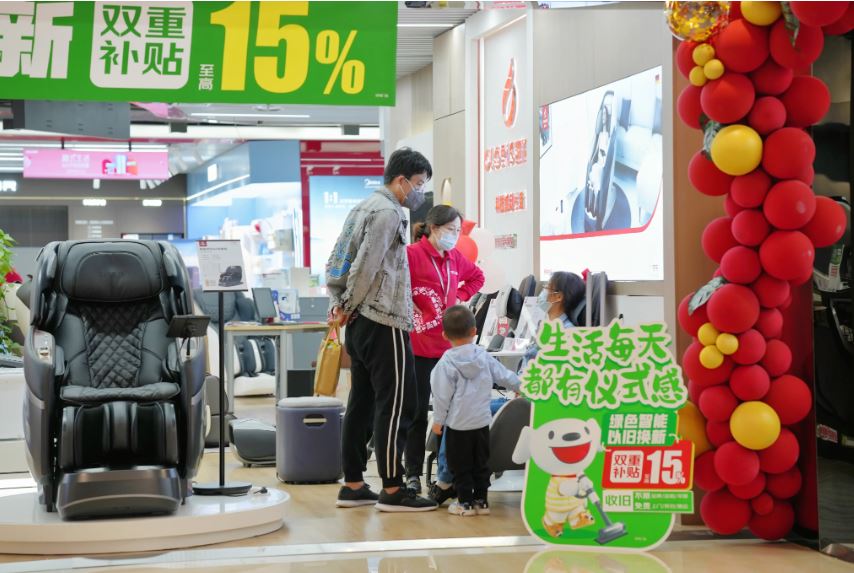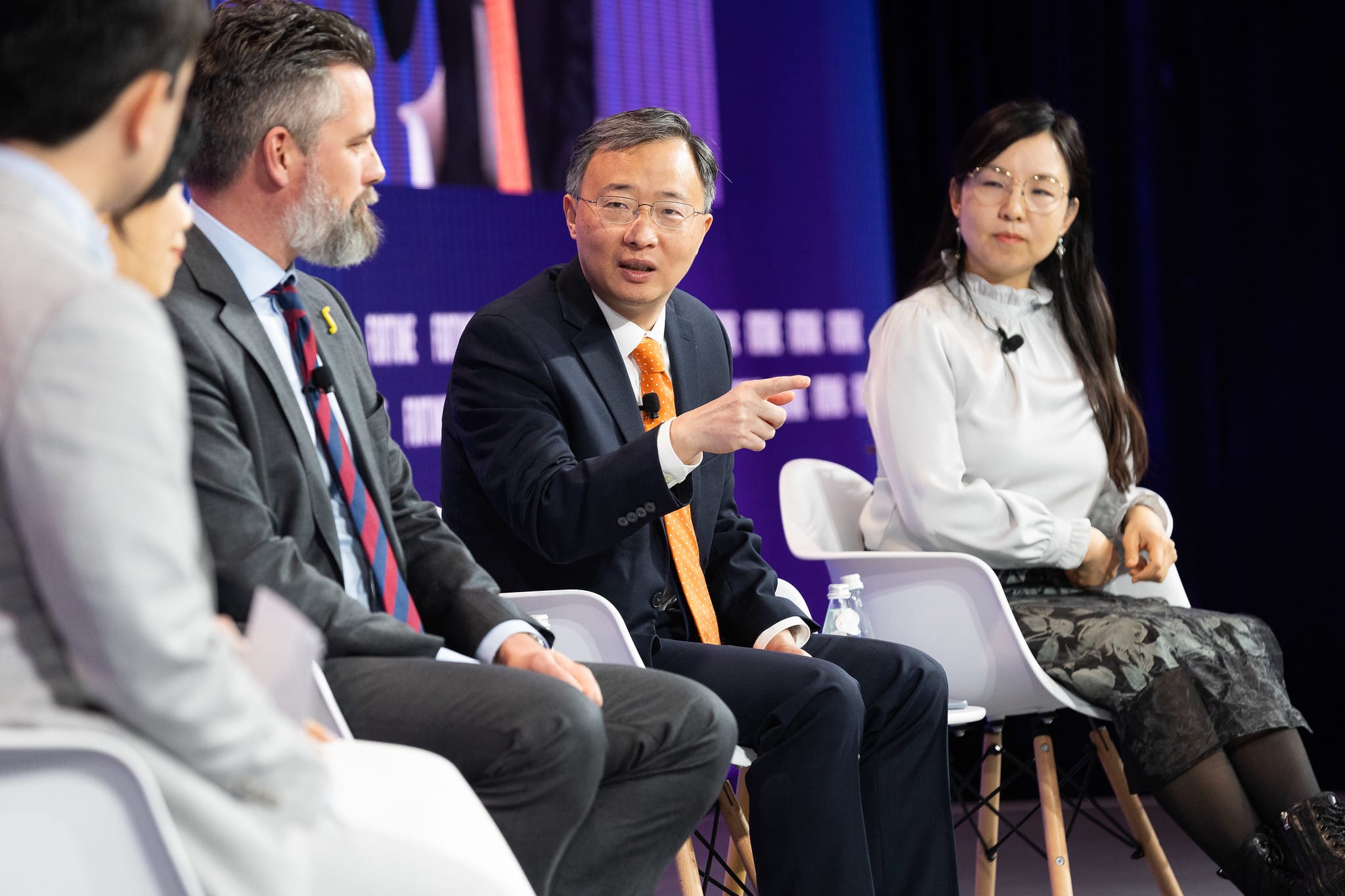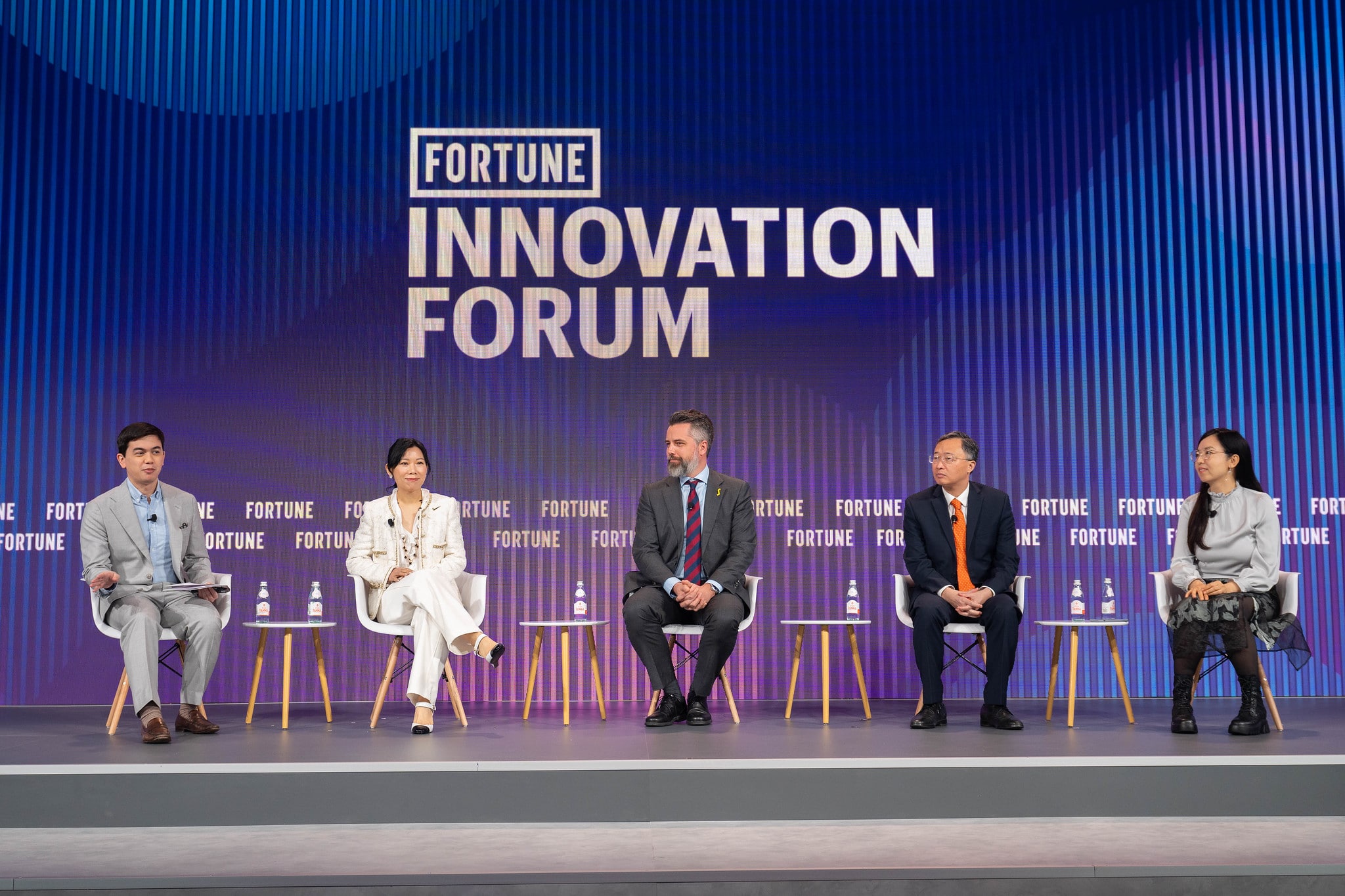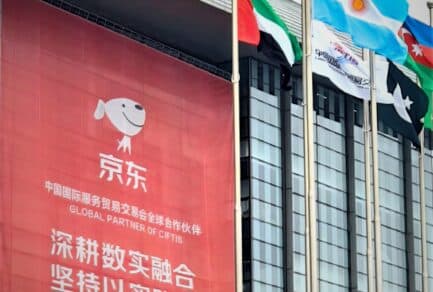Aug 10, 2020|
JD.ID Marketing Chief: Consumer Spending Patterns Went Through 3 Stages in Indonesia
by Martin Li
Consumer spending habits have gone through three stages during the ongoing COVID-19 pandemic in Indonesia, said Mia Fawzia, marketing chief of JD.ID.
JD.ID is the e-commerce joint venture of JD.com in Indonesia, which is combination of direct-to-customer and marketplace platforms.
“The three stages can be named adjustment, adoption and realignment through accepting the conditions under the pandemic,” Fawzia shared in the latest edition of Kompas Talks, which was hosted online by Indonesia’s national newspaper Kompas.

JD.ID marketing chief Mia Fawzia in Kompas Talks
“During the adjustment phase in March-April 2020, there were large-scale purchases of health products including hand sanitizers, vitamins, and masks. Supply of these products is limited in the market,” said Fawzia in the online talk named E-commerce Strategy in the Pandemic Era.
“At the adoption stage, there was a significant increase in shopping activities via e-commerce platforms,” she said.
Since the end of Eid – the Islamic holiday ended July 31 – consumers in the country had adapted to pandemic conditions as reflecting by changes in spending patterns.
“One of these changes is that online shopping has become more commonplace,” she said.
JD.ID is committed to strengthening ties with consumers by maintaining product quality. In the long run, according to Fawzia, this strategy is more effective than using excessive discount promotion methods to increase the number of transactions on the platform.
Fawzia predicted that more than half of consumers won’t return to their old spending habits including shopping offline, even after the pandemic.
“Once consumers are satisfied with shopping on JD.ID, they will decide to continue and keep coming back. Even though we don’t have as many customers as other platforms, the increase in sales every month shows that our strategy is right, “she said.
E-commerce transactions in Indonesia would increasing by 400% from now to 2025, according to a report by Kompas on August 7, citing the country’s coordinating minister of economy Airlangga Hartarto.
The increase is mainly driven by the people who depend on online transactions during the COVID-19 pandemic, according to the report. The digital sector, valued at US$135 billion, is a potential growth engine for the economy in Indonesia in the future.
“I hope the digital sector will be able to support economic growth during the pandemic, especially in the third quarter of 2020,” the minister was quoted as saying in the Kompas report.
(bjlihao3@jd.com)







 JD.com Ranks 102nd among Fortune Global 500, Rising for Fifth Year in a Row
JD.com Ranks 102nd among Fortune Global 500, Rising for Fifth Year in a Row


